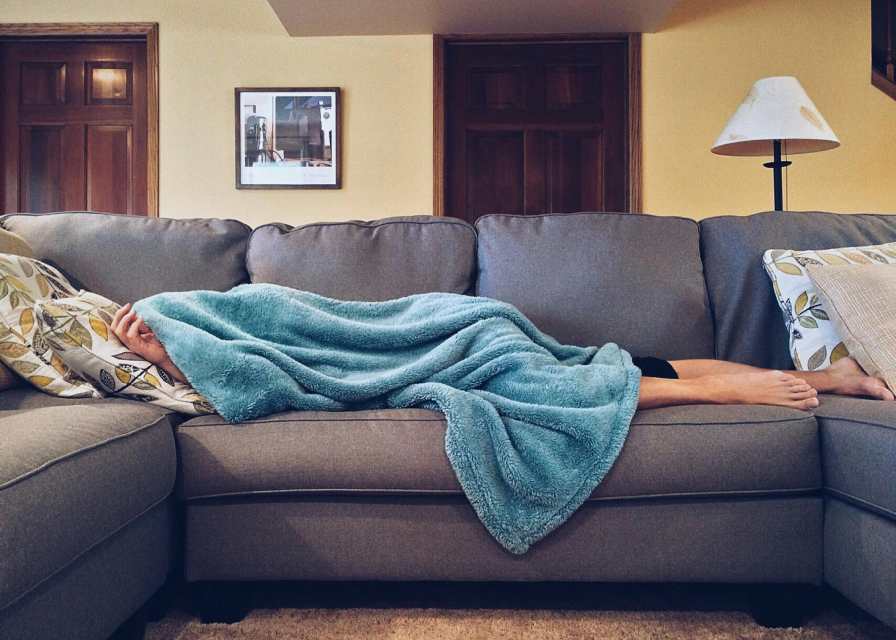PA Life has previously looked at some ways in which it is possible to manage our modern technology to ensure that it improves our efficiency and productivity without causing unwanted interruption or becoming a distraction. But sometimes phones and computers become more than a distraction when we become over-dependent on our gadgets.
The constant stimulation and instant information we get from our devices and gadgets can become compulsive and even addictive, especially the urge to read and respond to messages and emails as soon as we see the alert on our phone – the temptation to open an unread email can be irresistible – but this constant bombardment is also stressful for our brains and bodies. The ‘always on’, multitasking, fast-paced work culture they enable can increase feelings of pressure and stress if we allow them to overload us, with implications for your long-term health.
Working in an overloaded frenzy leads to low-quality work, wasted energy and decreased creativity. The key question to ask yourself is: do your gadgets make you better at your job, or unable to have time away from it?
No matter how dedicated you are to your job, everyone needs some down time. However, with modern technology meaning that work is no longer confined to the office it is easy to find your job invading your personal life. Spending less time with friends and family? Using the laptop in bed? Bringing your mobile with you to the bathroom, or eating meals at your computer? If so, you may need to re-evaluate your relationship with your gadgets and try to achieve a better work-life balance. Computer and internet technology use becomes a problem if it is interfering with your ability to work effectively, with your personal life or with relationships.
Some of the ill-effects of the over-use of computers and other devices are to your health and include dry eyes and eye strain caused by looking at screens – which can also, along with stress, cause headaches. Sitting over a computer for long periods of time can lead to backache, while overuse of phones can lead to neck problems.
Signs of over-dependency include:
• Difficulty sleeping, the feeling of not being able to switch off at night
• Skipping meals, breaks or sleep
• Spending less time on yourself and with loved ones
• Feeling depressed, anxious or irritable when not using computers or other devices, or craving more time on them
Addiction to technology affects our relationships as well as our health. Research into technology abuse in the US found that 80% of people “boot up a variety of high-tech gadgets” before sleeping and 33% of people send or receive texts or emails in bed. Couples with screens in the bedroom had sex half as often as those without, while an astonishing one in five divorces across the pond apparently cite Facebook as a cause.
To make effective use of technology without allowing it to overwhelm you or intrude on your life, there are many simple steps you can take:
• Don’t use computers or other devices while eating. Make time for regular meals away from your desk.
• Take proper breaks at work. Switch off your phone, have something to eat, stretch your legs, get some fresh air and clear your mind. The brain needs periods of rest and recovery, even during the day.
• Don’t do work in bed. This can disrupt your sleep, as the brain will associate bed with work instead of rest. Take time to unwind away from screens before you try to sleep to give your brain time to switch off. Take a bath, read a book, or listen to music.
• Turn off auto notifications on smart phones to avoid intrusion into personal time; check phones and emails at regular, set intervals, (for example every two hours) rather than compulsive frequent checking.
• Set boundaries between work and personal life. For example, don’t reply to work emails before 8am and after 8pm and don’t feel you have to respond instantly to work messages and emails on days when you aren’t working.











